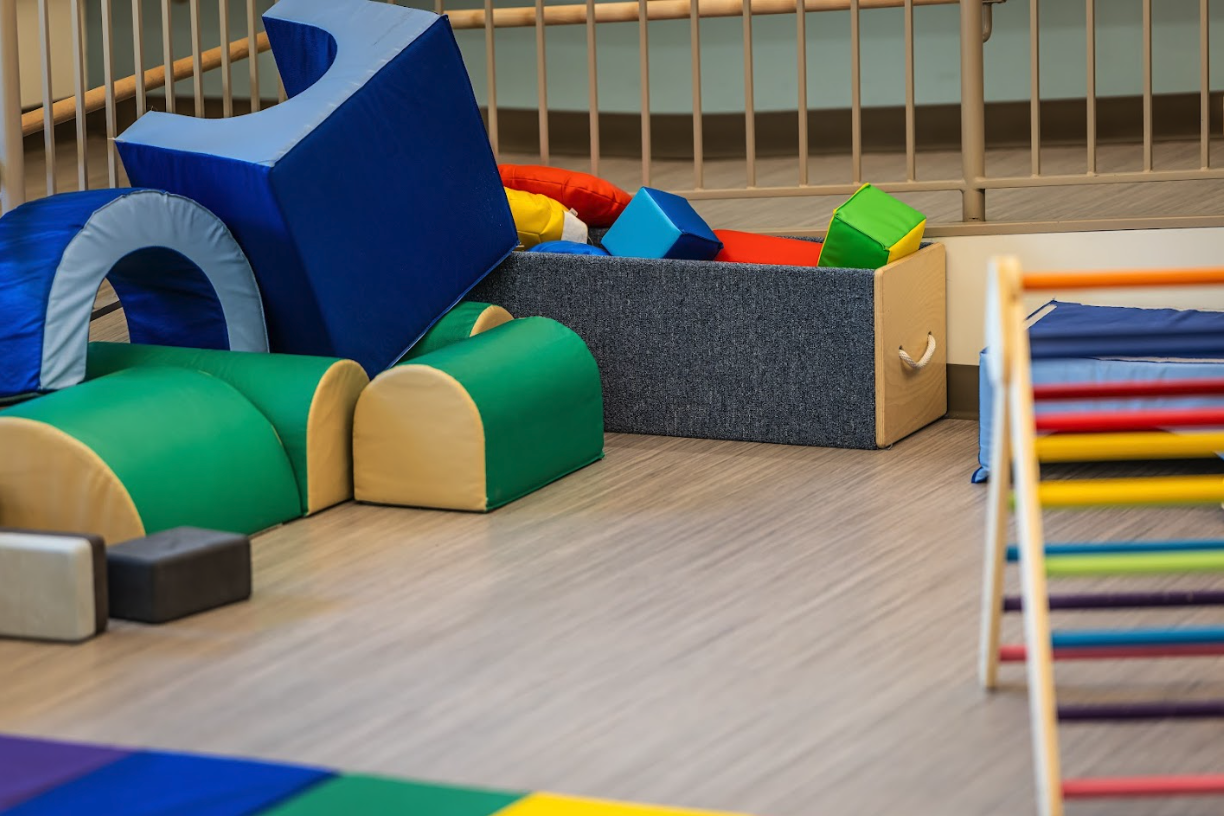
About Us
Neighborhood Villages envisions a transformed, equitable early education and child care system that lifts up educators and sets every child and family up to thrive.
Our Mission
Neighborhood Villages designs and scales innovative and collaborative solutions to the biggest challenges facing early education and child care providers serving families with young children ages 0-5 and advances sustainable, equity-driven systems change through advocacy, education, and policy reform.
We advocate for early education and care policy reform and implement innovative, scalable solutions that address the biggest challenges faced by early education and care providers and the families who rely on them. We specialize in ground-level, strategic interventions aimed at building the capacity of the early education and care sector, and advocate for the public investment it needs and deserves. We show systems change in action, to push policy forward.
Why Do We Do This? Because Child Care Isn’t Working. For Anyone.
Access to early education and care is foundational. It’s an important driver of employment opportunity, financial security, and economic mobility for both families and their children. It’s critical to preventing the achievement gap, and core to gender and racial equity. But early education and care has long been undervalued in our country. As a result, it’s not working for anyone—families, providers, or educators.
Until we treat early education and care as a public good, we’ll continue to see the same outcome: a system that fails everyone.
Despite being an industry essential to family financial security, child development, and a healthy economy, our country’s early education and care sector receives no meaningful public investment. Rather than making a societal commitment to provide child care solutions for all families, we’ve forced parents to bear its full cost. The result? Families struggle to find the care solutions they need to work and children are denied equal access to education.
In states like Massachusetts, early education and care tuition fees exceed the cost of in-state college. Yet, even with sky-high tuition rates, providers struggle to pay their staff more than minimum wage and to keep their businesses afloat. Educators can’t afford to stay in the field because their pay is so low.
No one can afford the early education and care system as it works right now—not parents, not providers, not educators.
This is a fundamentally broken sector. It’s failing everyone.
So, we’re doing something about it.

-

Our Strategic Plan
-
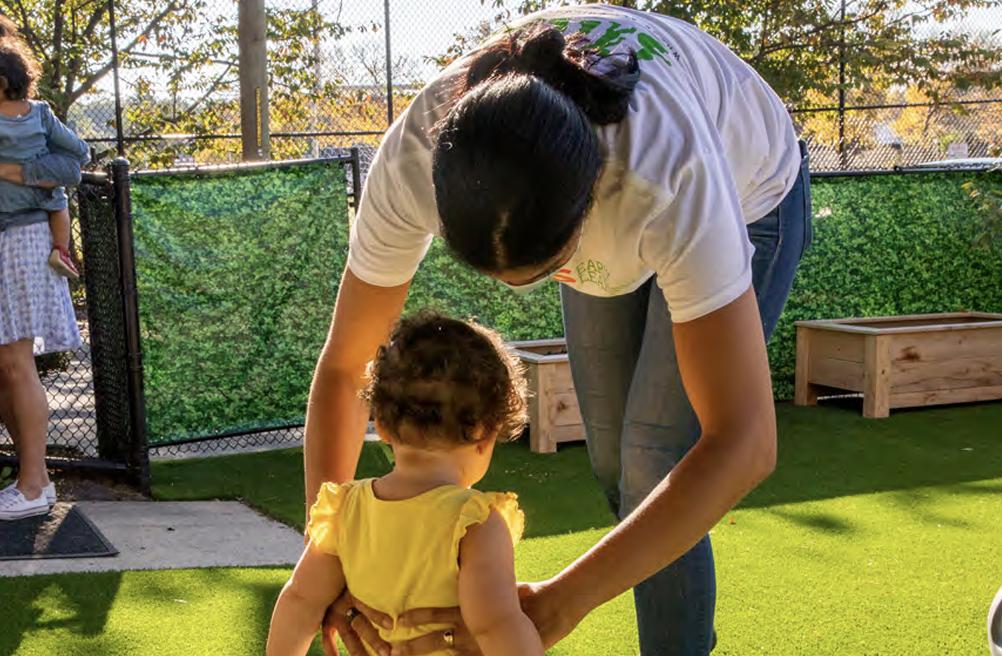
2024 Annual Report
Neighborhood Villages In The News
Neighborhood Villages has released a statement in response to the closure of the Region 1 Office of Head Start in Boston, along with four other regional offices across the country, and the termination of federal staff at those locations.
Sarah Muncey is with Neighborhood Villages, a non-profit that advocates for early education reform. She said “One of the really amazing things about the busses are that what we’re showing is that you can bring play based social emotional learning anywhere. There’s no excuse for us not bringing these experiences to children.”
Governor Maura Healey has committed a combined $1.8 billion in early education funding, including $475 million for Commonwealth Cares for Children (C3) grants in her proposed Fiscal Year 2026 (FY26) budget.
Binal Patel, chief program officer at Neighborhood Villages, said addressing low wages and supporting apprenticeships programs are needed to improve the workforce.
Neighborhood Villages hosted their 3rd annual Winter Wonder Fest, a family-friendly community event open to all children, families, and educators to celebrate the holiday season and receive essential goods.
In recognition of National Apprenticeship Week, Neighborhood Villages released a case study on its early childhood education (ECE) Registered Apprenticeship Program that illustrates how apprenticeship programs help address the child care workforce crisis.
The Boston-based nonprofit hosted the Massachusetts premiere of “Make a Circle” at the Strand Theatre
Episode three of our hit podcast “No One Is Coming To Save Us” takes on the issue of housing. We hear firsthand experience from Caitlin Liversidge who became pregnant and homeless last year and has since moved through transitional housing into her own apartment with her healthy two-month-old daughter.
Massachusetts only state to continue funding child care stabilization grants at same level federal government did.
These services share one key characteristic: because they are essential, there is constant demand and people are prepared to pay handsomely for them. “Child care is something that families need in order to work,” says Elizabeth Leiwant, director of government relations at Neighborhood Villages.
Proposal Includes $1.52 Billion For Early Education and Care, Makes C3 Grant Program Permanent
Zaentz Early Education Initiative looks for fresh ideas to transform the early education landscape
Massachusetts Governor Maura Healey took the podium alongside U.S. Secretary of Commerce Gina Raimondo at the inaugural National Child Care Innovation Summit.
Early Learning Nation magazine asked leaders and experts, “How can parents and caregivers make this a playful learning summer?” Here are their responses.
Inspired by this research, Neighborhood Villages recently launched a new play-based curriculum in partnership with the LEGO Foundation and Boston Public Schools. “In early childhood, play is learning,” says Binal Patel, chief program officer.
Final Senate FY25 Budget Includes $1.58 Billion For Early Education and Care with $475 Million Reserved for Child Care Operations Grants
A Q+A with Elliot Haspel on How Private Equity and Shareholders Are Reshaping American Child Care
Tune into NBC 10 Boston to learn more about how Neighborhood Villages is unveiling a new curriculum for toddlers.
Neighborhood Villages has created a new learning curriculum for toddlers in an effort to fill the gaps in pre-K childcare and education.




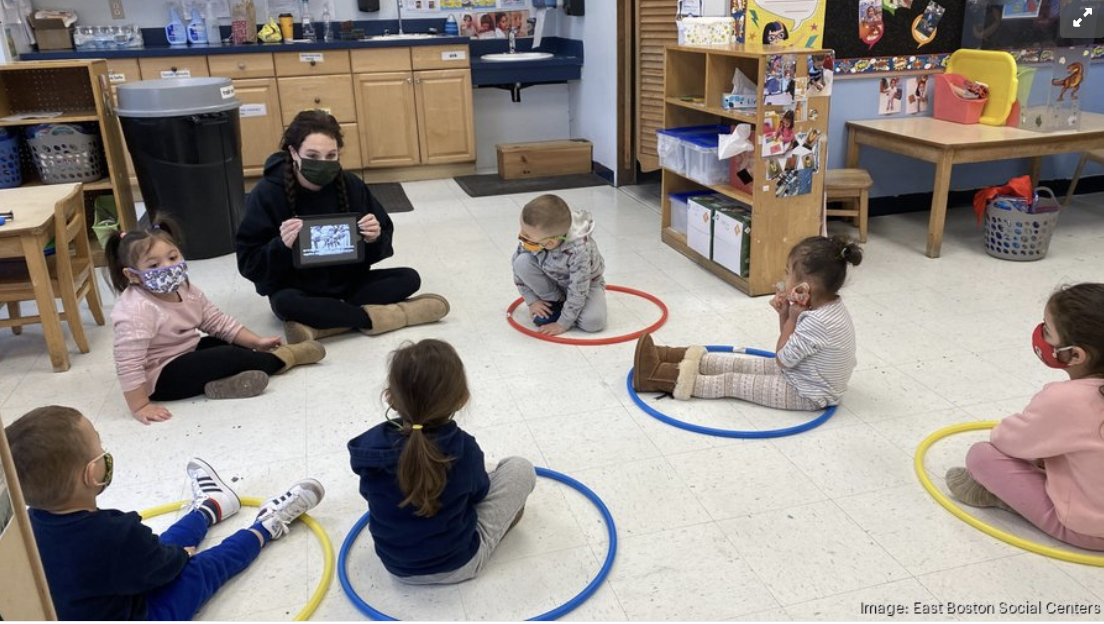

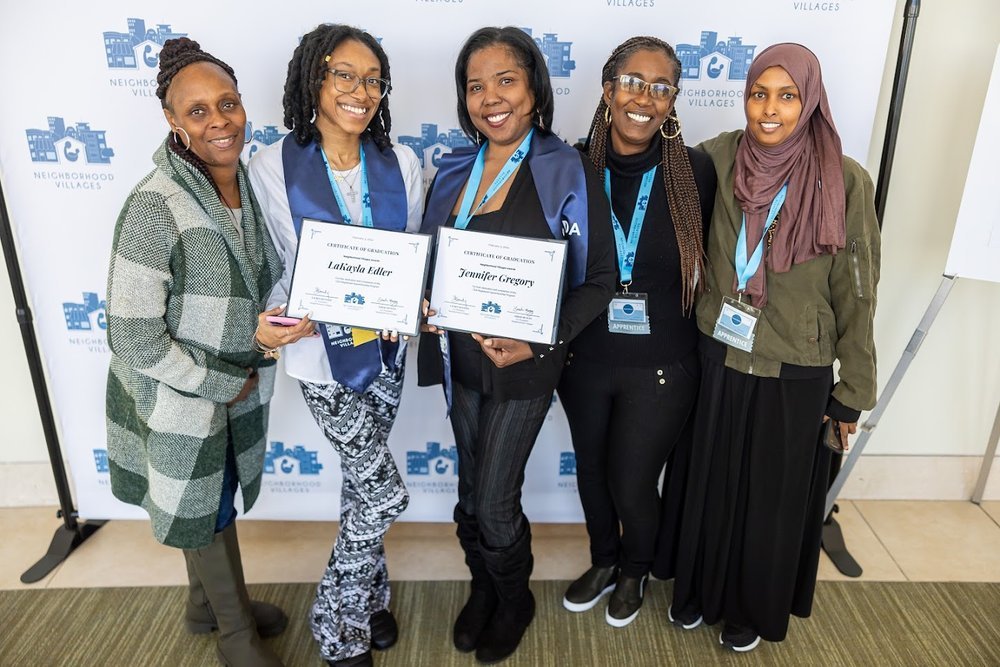
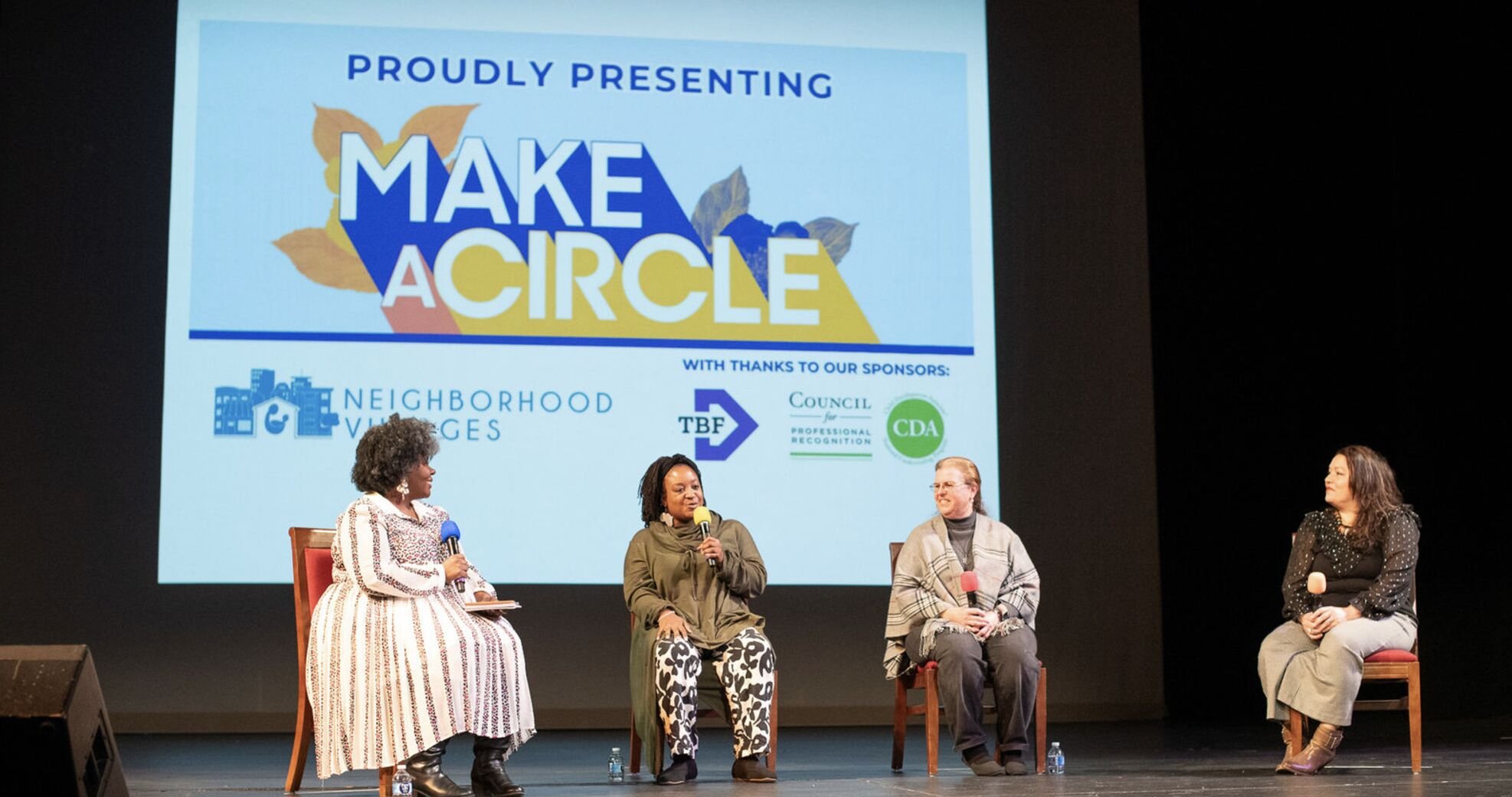
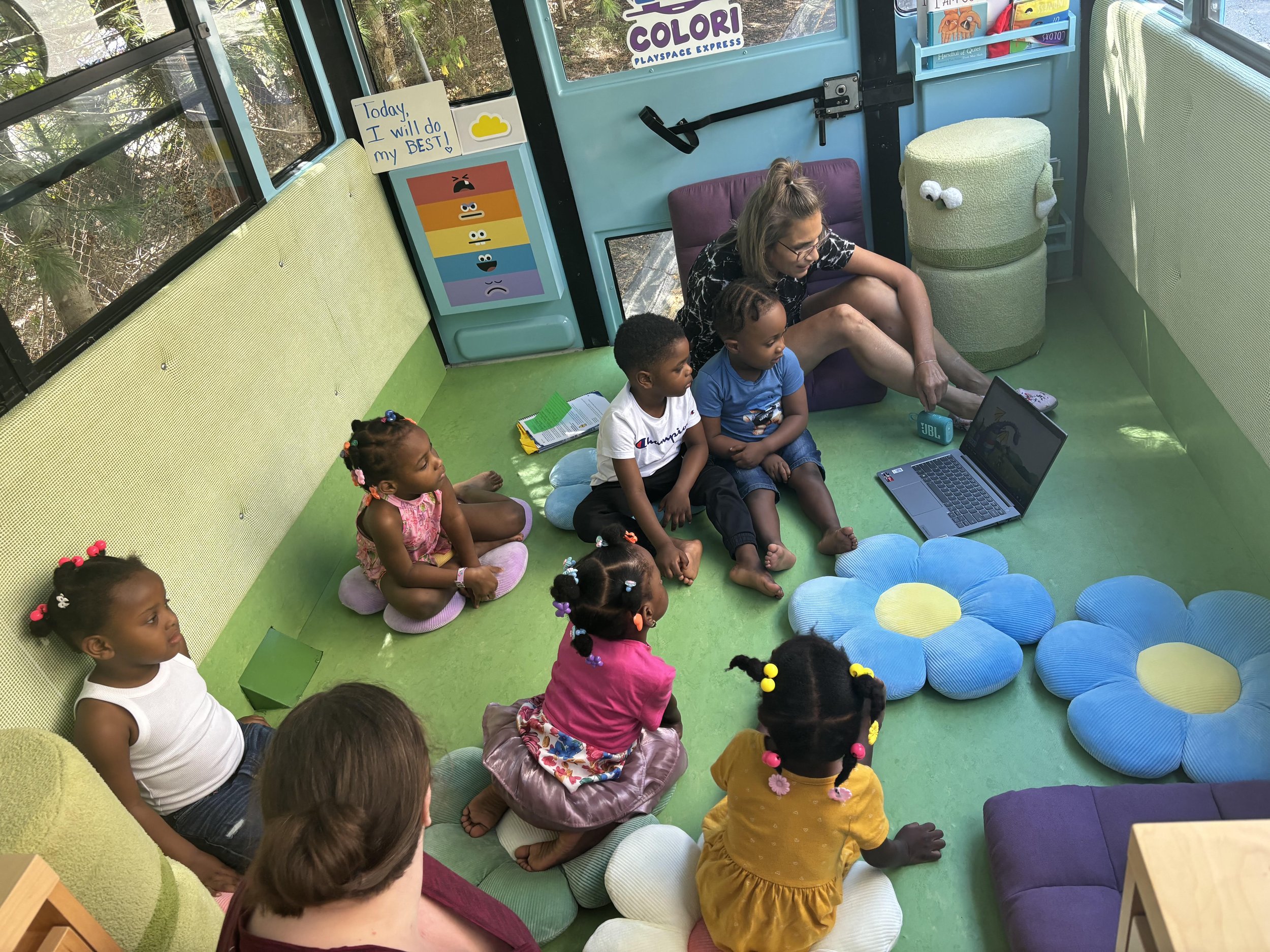



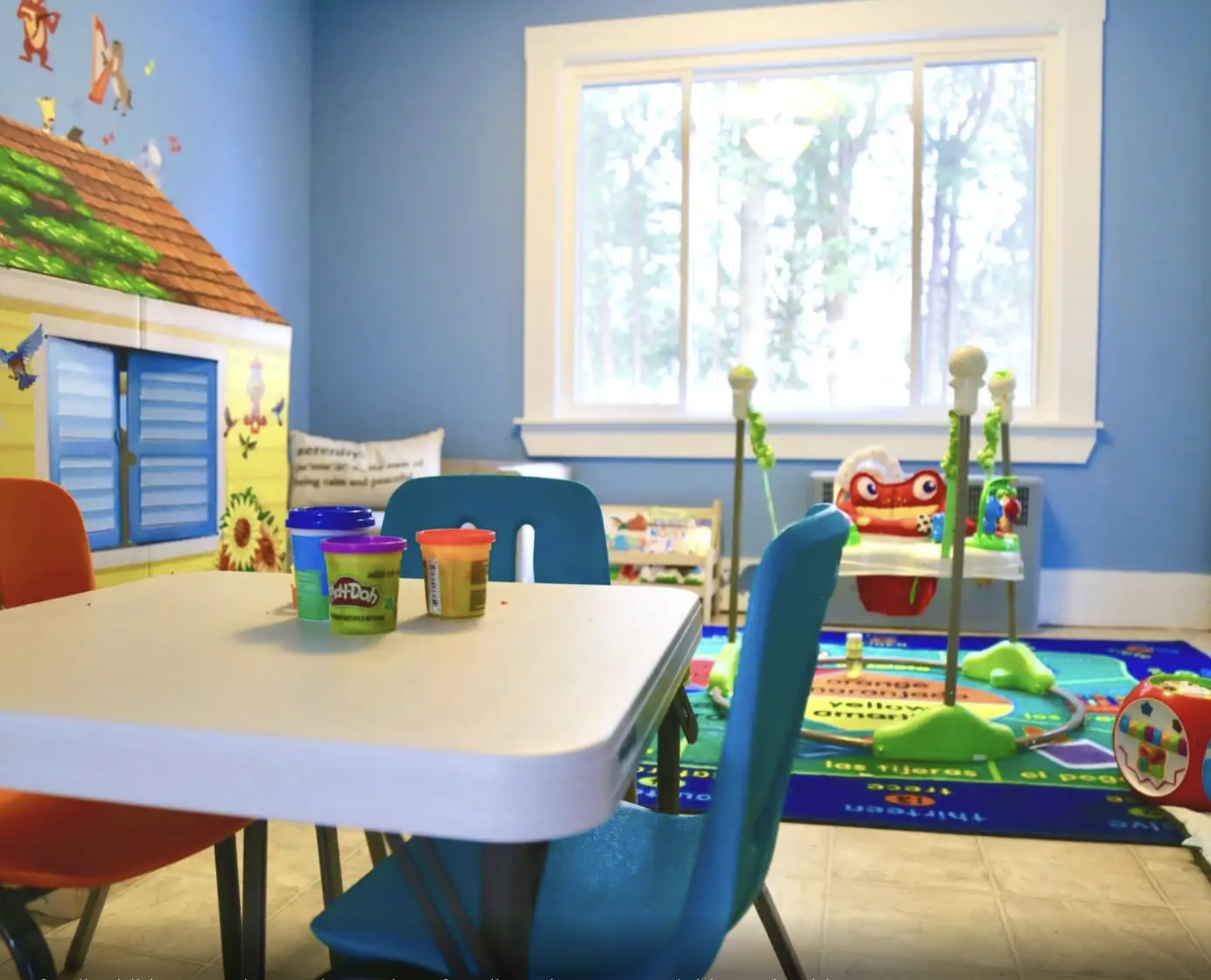

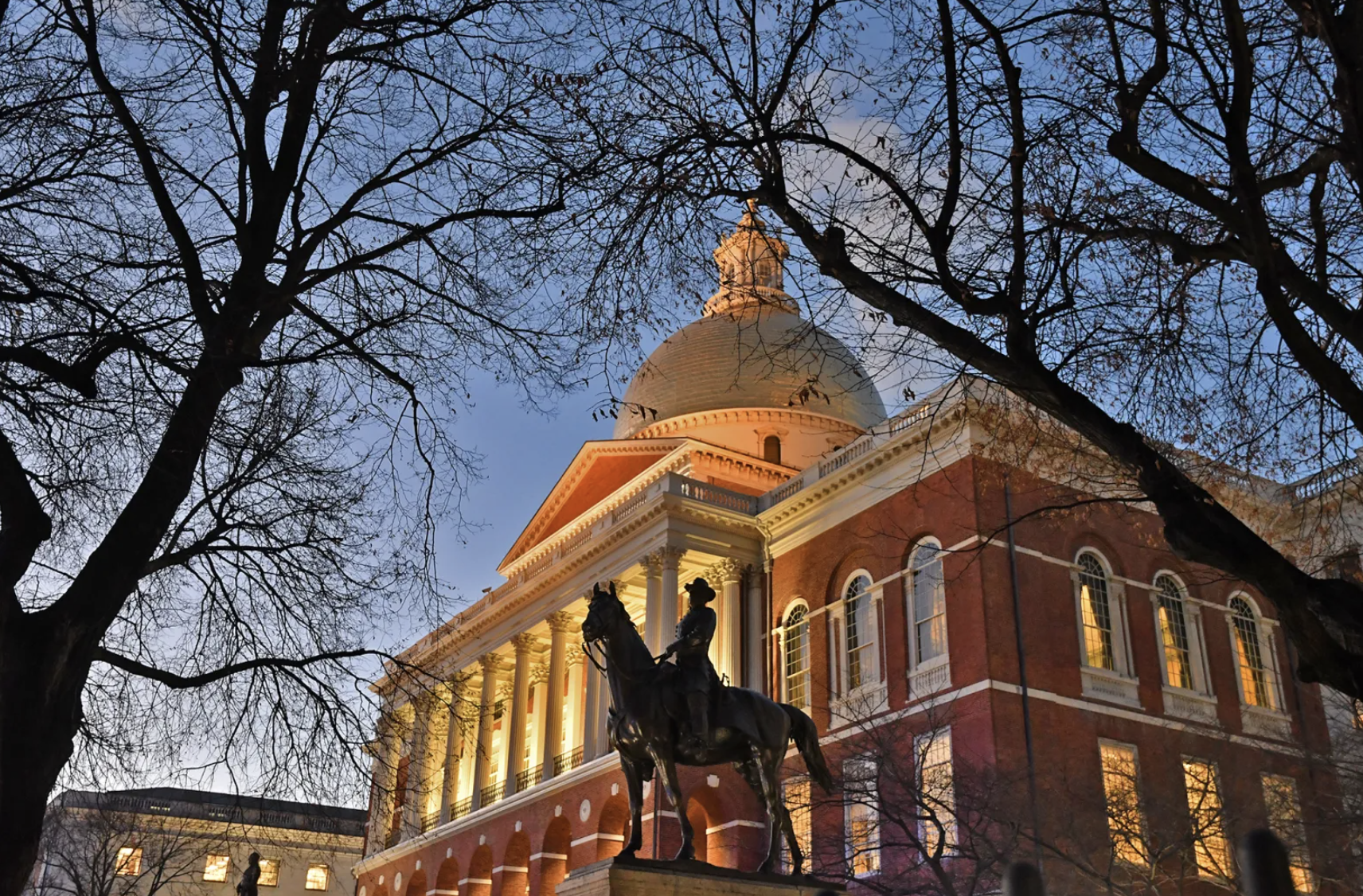

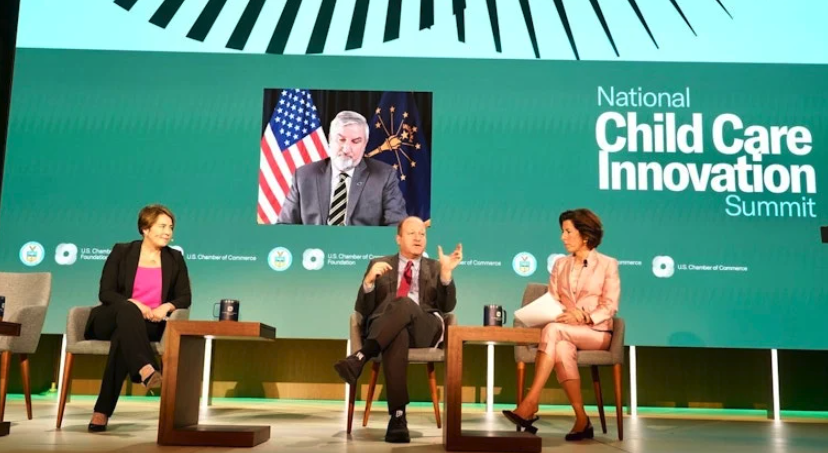

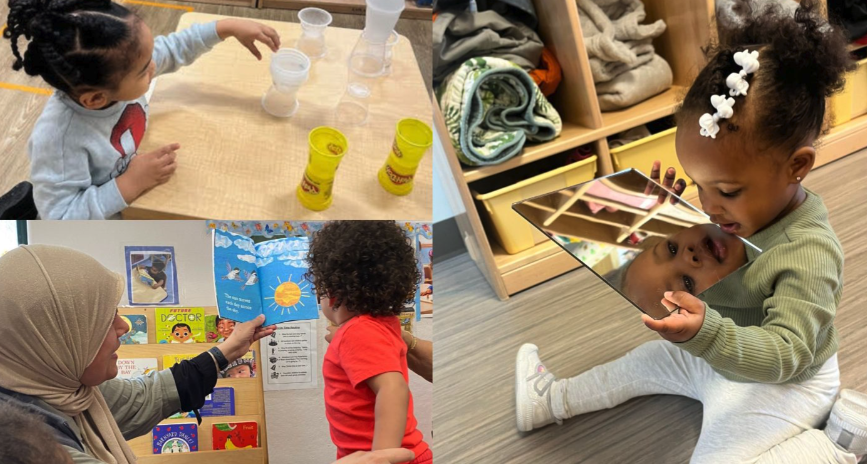

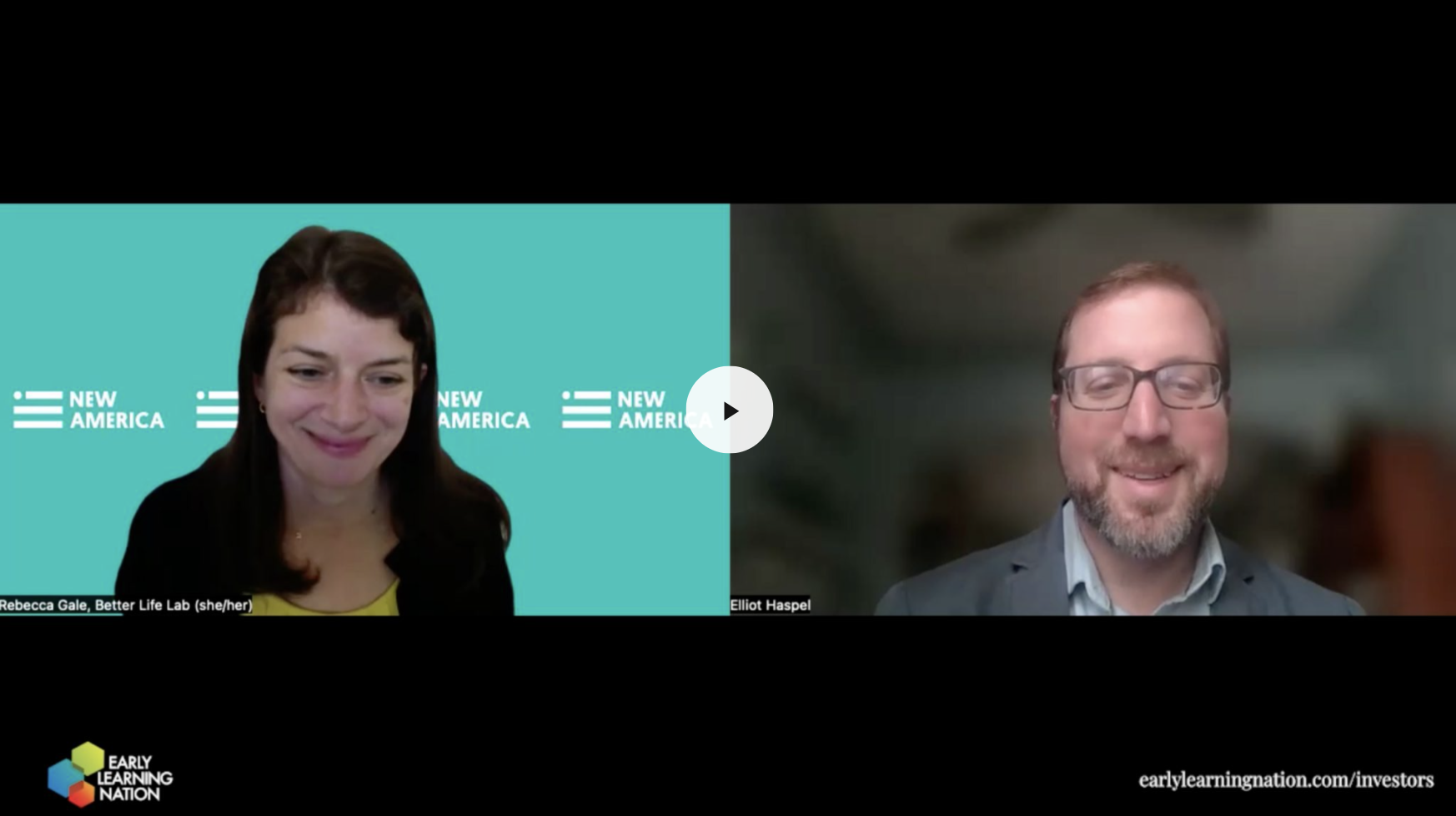


Neighborhood Villages has released a statement in response to the closure of the federal Region 1 Office of Child Care (OCC) in Boston, which served Massachusetts, Maine, New Hampshire, Vermont, Rhode Island, and Connecticut.